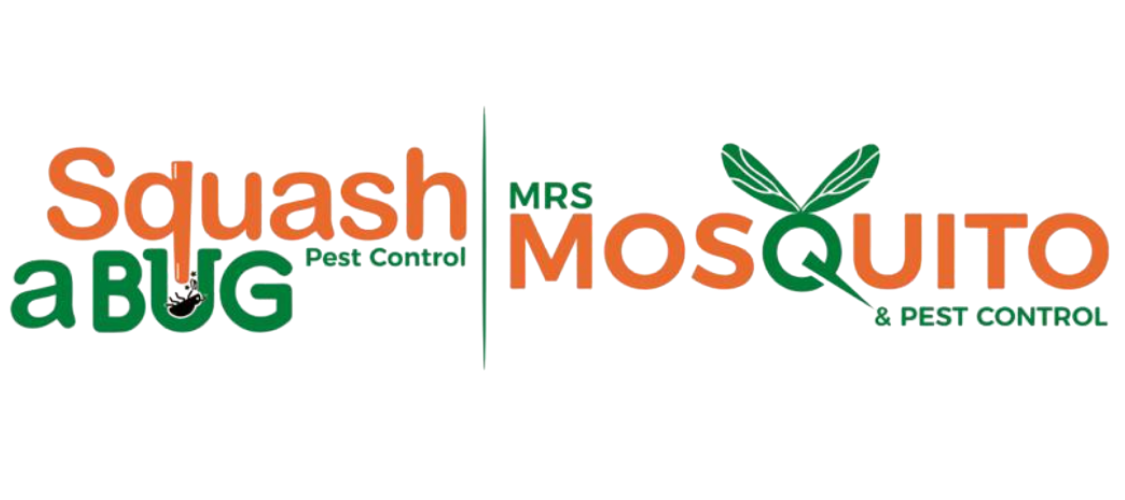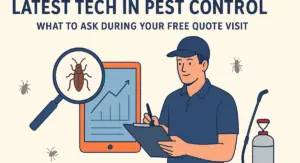In the world of hospitality, guest comfort is everything. A clean room, warm welcome, and quiet night sleep can win hearts. But one pest sighting can undo it all. Whether you’re running a hotel, resort, restaurant, or vacation rental, pest problems don’t just cause discomfort, they damage your reputation.
Let’s explore how hospitality businesses can stay one step ahead and keep guests happy, and pests out.
Why Pests Are a Big Deal in Hospitality
Guests don’t just come for a bed or a meal. They come for peace of mind. The sight of a cockroach in a bathroom or a fly in a dining area sends the wrong message: lack of hygiene, neglect, and poor service. And in today’s world, one online review can travel faster than any marketing campaign.
Common Pests in Hospitality Settings:
- Bed bugs – Hide in mattresses and furniture. Difficult to detect until there’s a problem.
- Cockroaches – Thrive in kitchens, basements, and utility areas.
- Rodents – Attracted to food waste. Can damage property and carry disease.
- Ants – Especially common in warmer months. Can appear anywhere there’s food.
- Flies – Particularly annoying in dining and bar areas.
- Stored product pests – Beetles and moths that infest dry goods like flour and grains.
These pests aren’t just unpleasant. They pose health risks and can violate health codes.
Step One: Know Where Pests Hide
Before you can control pests, you need to understand how they get in and where they settle. Each type of pest has a preferred habitat. Identifying their entry points and hiding spots is the first defense.
Hotspots to Inspect Regularly:
- Guest rooms (especially beds, furniture, and carpets)
- Kitchen and pantry areas
- Laundry rooms
- Storage closets
- Garbage disposal zones
- Entry points like doors, windows, and vents
Being proactive helps catch issues before guests do.
Build a Pest Management Plan
A strong hospitality pest control program doesn’t start with chemicals, it starts with planning. Whether you’re a small boutique hotel or a large resort, a prevention-first approach works best.
What a Good Plan Includes:
- Routine inspections: Schedule weekly or monthly inspections in high-risk areas.
- Staff training: Teach your staff what to look for: droppings, bite marks, odd smells, shed skins.
- Partnering with a pest control expert: Work with licensed professionals who understand hospitality standards.
- Tracking and documentation: Keep records of sightings, treatments, and results.
This organized approach builds consistency and accountability.
Cleanliness: Your Best Defense
Pests love mess. Crumbs, clutter, and moisture make perfect homes for them. Cleanliness isn’t just about looking good, it’s your first and best shield against infestations.
Daily Housekeeping Habits:
- Vacuum and mop all guest areas and hallways
- Wipe down food prep surfaces and dining areas
- Take out trash daily and sanitize bins
- Check for leaks in kitchens and bathrooms
- Keep laundry areas dry and tidy
Kitchen-Specific Tips:
- Seal all food containers
- Rotate stock regularly (FIFO: First In, First Out)
- Clean under equipment where crumbs and grease collect
- Store dry goods off the floor
These routines reduce the chances of attracting pests in the first place.
Keep Your Exterior in Check
Many infestations start outside. Pests find their way in through cracks, vents, or gaps in windows. Landscaping and waste management also play a role in pest control.
Outdoor Maintenance Checklist:
- Seal cracks in walls and foundations
- Install door sweeps and window screens
- Trim bushes and grass near the building
- Store bins away from entry points
- Use outdoor lighting that doesn’t attract insects
A well-kept exterior tells pests they’re not welcome here.
Use Safe, Guest-Friendly Treatments
If an infestation does occur, respond quickly, but carefully. Your goal is to remove pests without disturbing the guest experience or putting health at risk.
Consider These Low-Impact Methods:
- Heat treatments for bed bugs
- Baits and traps instead of widespread sprays
- Eco-friendly insecticides approved for public spaces
- Spot treatments done during off-hours
Always notify affected rooms and offer guests alternative arrangements if needed.
Empower Your Team
Front desk staff, housekeepers, chefs, they’re your first responders in pest prevention. When they know what to look for, they become your eyes and ears.
Simple Training Topics:
- How to spot signs of pests
- Who to report sightings to
- Basic cleaning protocols
- What not to do (e.g., spraying guest rooms with store-bought products)
Regular team briefings keep everyone alert and aligned.
Monitor Reviews and Feedback
Sometimes guests notice things before you do. That’s why online reviews and guest feedback forms are more than just customer service tools, they’re part of your pest control strategy.
What to Watch:
- Mentions of bugs, smells, or hygiene
- Photos posted in reviews
- Repeated complaints about the same room or area
Respond promptly and investigate every claim, no matter how small. This shows professionalism and builds trust.
Work with Licensed Pest Control Providers
DIY solutions don’t work in hospitality. For long-term control and compliance, work with certified pest management professionals. Choose providers with experience in the hospitality sector who understand the guest-first mindset.
What to Look For in a Provider:
- Proper certifications and licensing
- References from other hotels or restaurants
- Detailed service agreements
- Emergency response availability
- Regular reporting and analytics
The right partner helps you stay proactive and compliant.
Build a Culture of Prevention
Pest control isn’t a one-time fix. It’s a culture. When cleanliness, maintenance, and monitoring become part of your daily rhythm, pest problems drop dramatically.
Tips to Strengthen Your Culture:
- Include pest control updates in management meetings
- Reward staff who report issues early
- Share success stories when preventive actions work
- Update policies as seasons or pest trends shift
It’s easier to prevent than to recover.
Final Thoughts
Creating a pest-free guest experience isn’t just about extermination, it’s about attention to detail, consistency, and care. In hospitality, every touchpoint matters. Commercial kitchen pest control, a clean kitchen, a well-sealed room, and a trained team can make all the difference
Stay alert. Stay clean. Stay pest-free, and your guests will notice.




